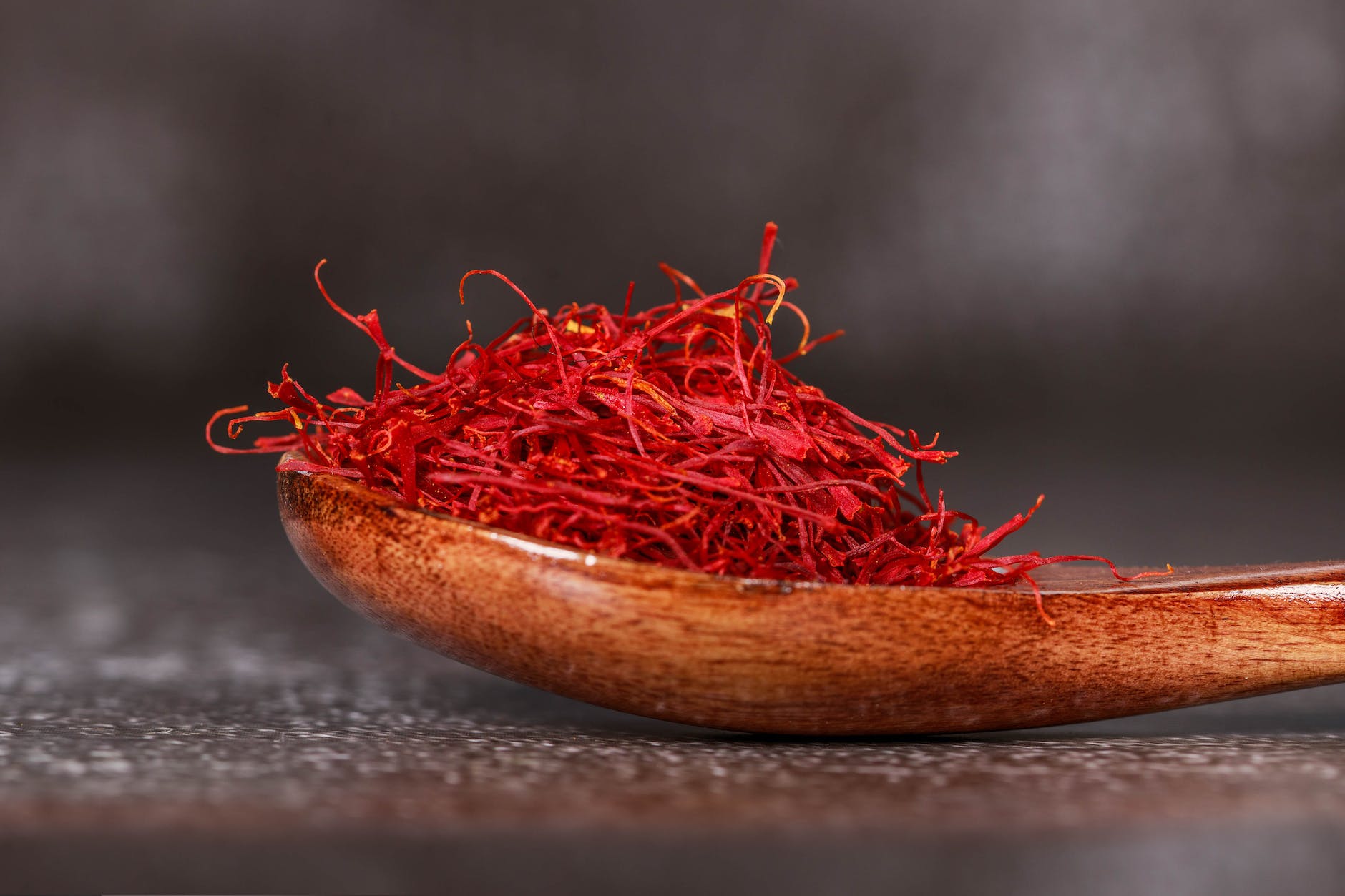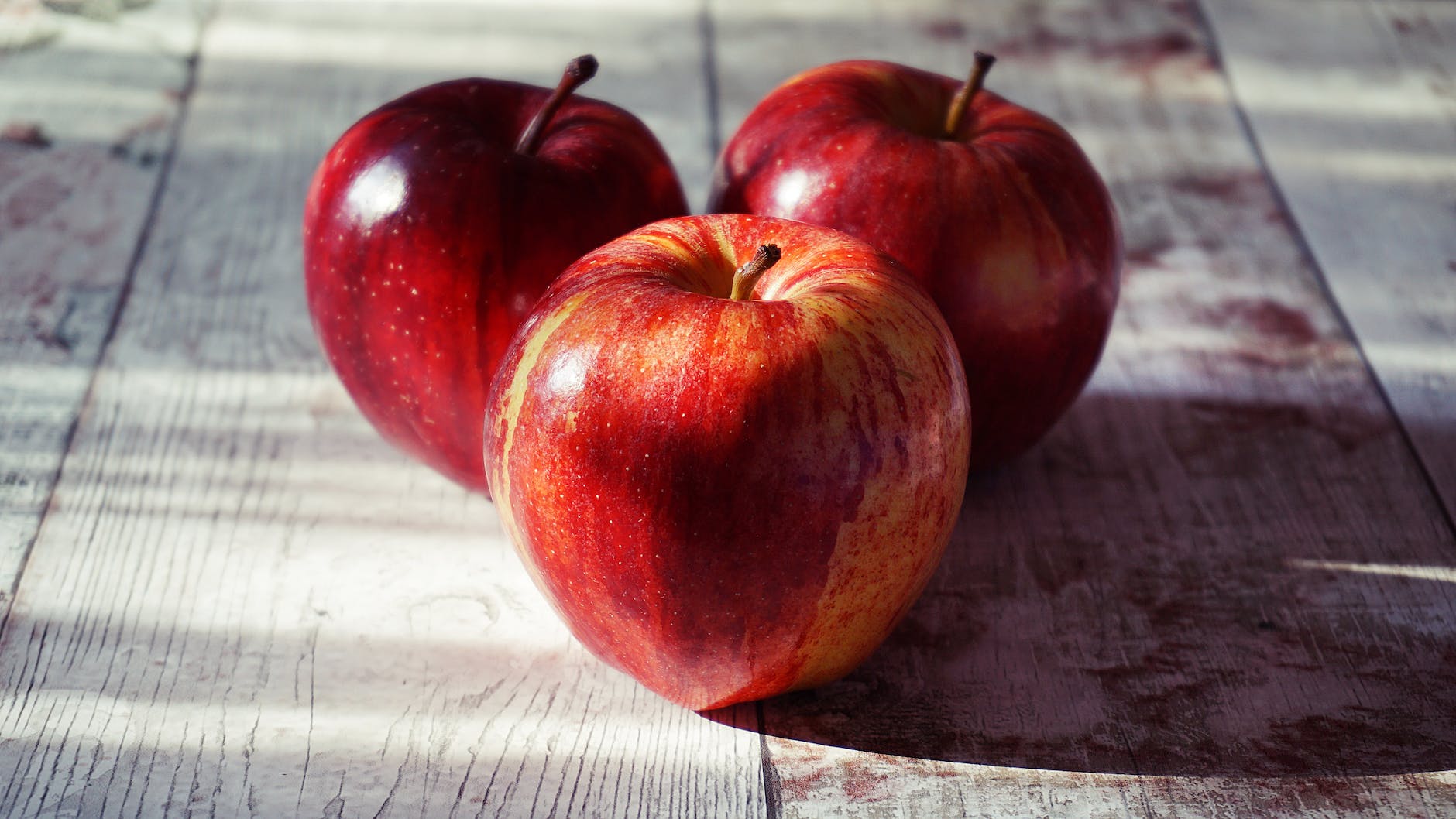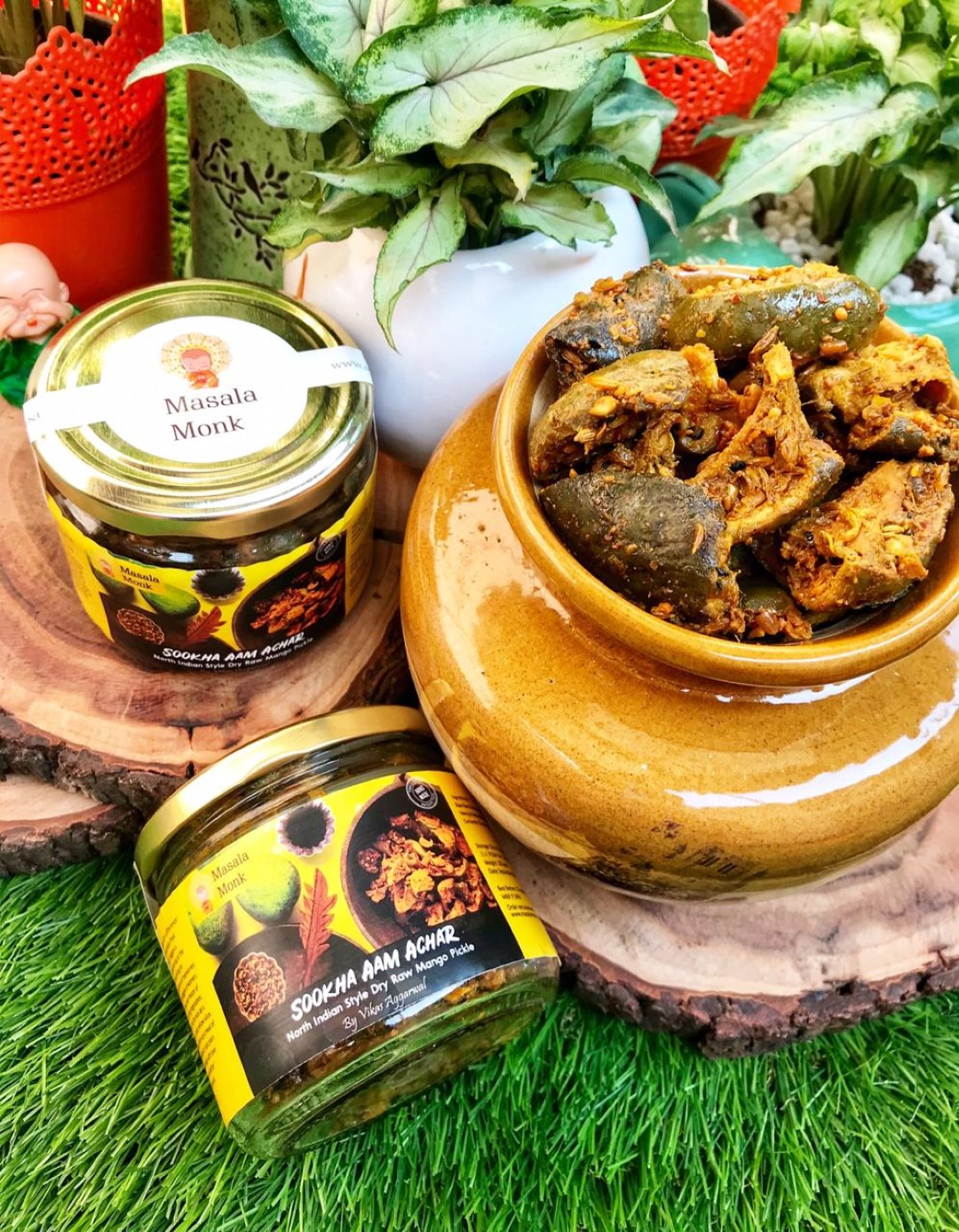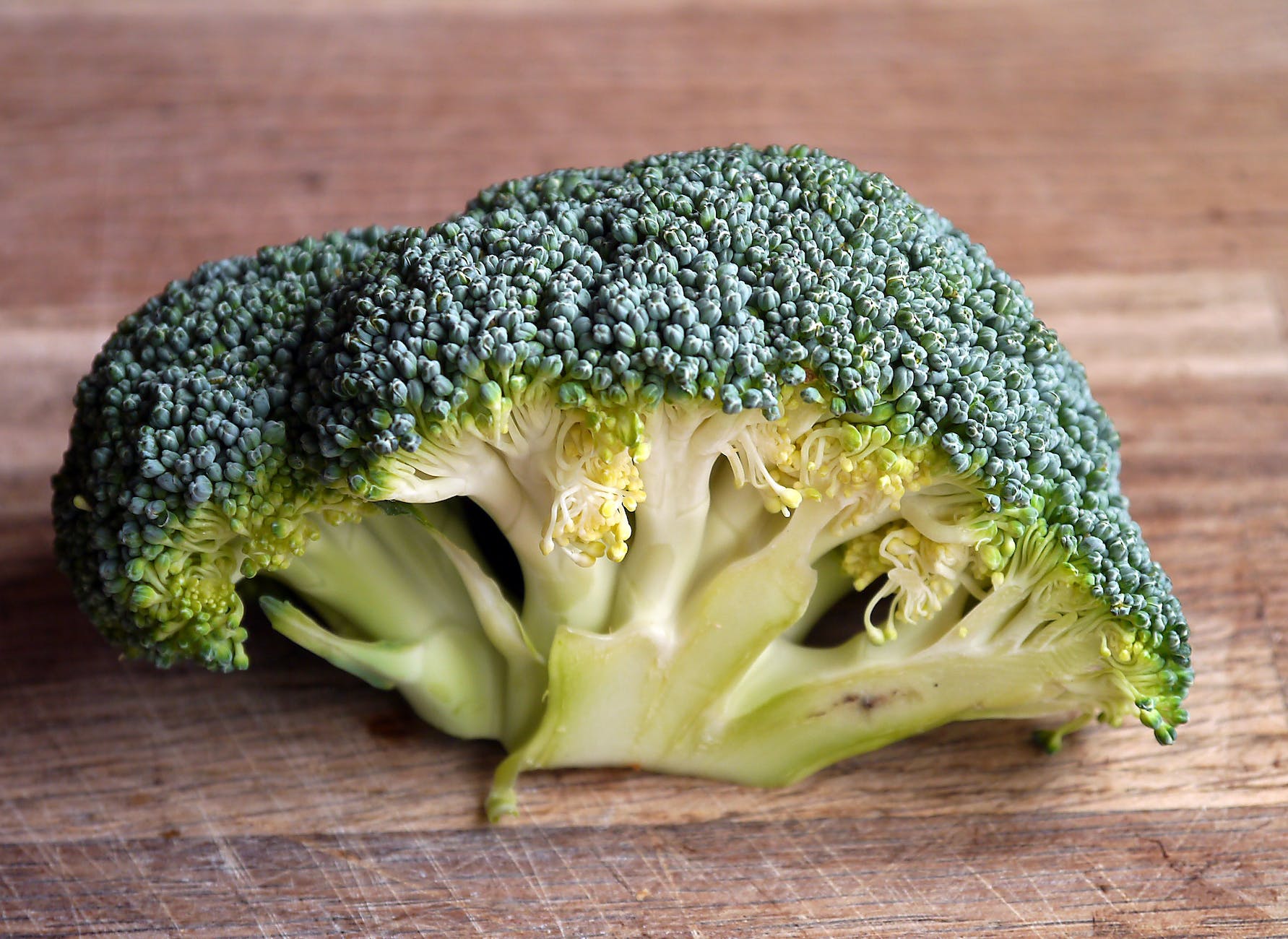
When it comes to keeping our digestive health in check, many of us turn to dietary fiber supplements, and Metamucil is a popular choice. This powerhouse of a supplement not only aids in regular bowel movements but also carries a number of other health benefits. However, as with any health supplement, it’s important to know what you’re putting into your body and to understand its potential side effects. In this comprehensive guide, we will explore everything you need to know about Metamucil – from its benefits to its potential side effects.
1. What is Metamucil and What Does it Do?
Metamucil is a fiber supplement largely made up of psyllium husk, a type of fiber derived from the seeds of the Plantago ovata plant. Psyllium is a soluble fiber that can pass through your digestive system without being fully broken down or absorbed. This allows it to provide numerous health benefits, particularly in regards to digestive health.
Metamucil is designed to supplement your daily fiber intake. When mixed with water, Metamucil forms a gel-like substance that can help soften your stools, making them easier to pass and relieving constipation. Additionally, this gel-like fiber also aids in creating a feeling of fullness, which can support weight management efforts by reducing the urge to overeat.
Moreover, regular consumption of Metamucil can help lower cholesterol levels, thereby improving heart health. It does this by binding to and eliminating excess cholesterol in the digestive system. Similarly, it can assist with blood sugar management by slowing down digestion and promoting more stable blood sugar levels.
As beneficial as it is, it’s crucial to understand how to use Metamucil correctly and be aware of any potential side effects, which we will cover in the following sections.
2. What is Metamucil Used For?
Primarily, Metamucil is used as a dietary fiber supplement to help individuals who have low fiber intake improve their digestive health. Here’s a closer look at its common uses:
- Relief from Constipation: By increasing the bulk and moisture content of the stool, Metamucil aids in its easier passage, thus relieving constipation.
- Maintenance of Digestive Health: Regular use of Metamucil can help maintain overall digestive health by supporting regular bowel movements and reducing bloating.
- Weight Management: Metamucil can contribute to a feeling of fullness, which may assist in controlling overeating and thus, supporting weight management.
- Lowering Cholesterol: The psyllium in Metamucil can help reduce low-density lipoprotein (LDL) cholesterol levels, often referred to as the ‘bad’ cholesterol, thus contributing to improved heart health.
- Managing Blood Sugar Levels: Metamucil can slow the absorption of sugar into the bloodstream, which can help people with diabetes manage their blood sugar levels.
It’s important to note that while Metamucil can aid in these areas, it’s not a standalone solution for these health concerns. Always use Metamucil as a part of a balanced diet and a comprehensive health plan, and consult your healthcare provider before starting a new supplement regimen.
3. How Does Metamucil Aid in Alleviating Constipation?
Constipation is a common problem affecting many people, leading to discomfort and irregular bowel movements. Metamucil, as a fiber supplement, has proven to be effective in mitigating this issue.
Psyllium husk, the active ingredient in Metamucil, is a potent source of dietary fiber. When it comes into contact with water, it forms a gel-like substance that increases the size and moisture content of your stool. This stimulates your intestines to contract and helps speed up the passage of stool through your digestive tract, thereby alleviating constipation.
Keep in mind that while Metamucil can aid with constipation, it’s crucial to drink plenty of water. Failing to do so can potentially lead to the opposite effect, causing stools to become even harder and more difficult to pass.
In addition to taking Metamucil, you should consider integrating other high-fiber foods into your diet, such as fruits, vegetables, and whole grains. Regular physical activity also promotes good digestive health and can further aid in preventing constipation.
4. What Are The Possible Side Effects of Metamucil?
While Metamucil is generally considered safe for most people, some may experience side effects. The most common ones include:
- Bloating and Gas: Increased fiber intake can sometimes lead to bloating and gas, especially when you first start taking Metamucil. This is usually temporary and can be mitigated by gradually increasing your fiber intake rather than taking a large amount at once.
- Allergic Reactions: Though rare, some individuals may have an allergic reaction to psyllium husk. Symptoms might include rash, itching, swelling, severe dizziness, or trouble breathing. If you experience any of these symptoms, stop using Metamucil and seek medical attention immediately.
- Digestive Problems: Metamucil might cause changes in bowel habits or minor changes in blood sugar levels. Some people might also feel full or experience stomach pain. If such symptoms persist or become bothersome, it’s advised to consult a healthcare provider.
- Choking or Difficulty Swallowing: If not taken with enough water, Metamucil can swell in the throat, causing choking or difficulty swallowing. Always follow the recommended water intake when consuming Metamucil to prevent this issue.
Remember, while Metamucil is available over-the-counter, it’s always best to consult with a healthcare provider before starting a new supplement regimen, particularly if you have any pre-existing medical conditions or are on other medications.
5. Can Taking Metamucil Every Day Lead to Dehydration?
When taking Metamucil, it is vital to maintain adequate hydration levels. Metamucil absorbs liquid in the gut to form a viscous compound that aids in bowel movement. If you don’t drink enough water while taking Metamucil, it can lead to dehydration.
Dehydration symptoms can include dry mouth, fatigue, dizziness, and decreased urination. If you are taking Metamucil and experiencing any of these symptoms, it may be a sign that you are not drinking enough fluids.
Remember, the key to effectively using Metamucil without risking dehydration is to always take it with a full glass of water and continue to drink fluids throughout the day. Always follow the package directions or the advice of your healthcare provider when using Metamucil.
6. How to Take Metamucil Effectively
To derive the most benefit from Metamucil and prevent side effects, it’s important to take it correctly. Here’s a step-by-step guide:
- Dosage: Start with a small dose and gradually increase it over time. This can help your body adjust to the increased fiber intake and reduce potential side effects such as gas and bloating.
- Hydration: Always take Metamucil with at least 8 ounces of water. This prevents the supplement from swelling in your throat and causing choking. Also, make sure to stay hydrated throughout the day.
- Timing: If you’re taking Metamucil for constipation relief, it can be consumed at any time of the day. However, some people prefer taking it before meals as it can help control appetite.
- Consistency: For best results, take Metamucil regularly, preferably at the same time each day.
Remember, always follow the instructions on the package or as directed by your healthcare provider.
7. Can Metamucil Interact with Other Medications?
Yes, Metamucil can interact with certain medications. Due to its mechanism of action, Metamucil can delay the absorption of certain drugs, which may reduce their effectiveness.
Medications that might interact with Metamucil include:
- Antidepressants
- Anticoagulants (blood thinners)
- Antidiabetic drugs
- Antihypertensive drugs (for high blood pressure)
- Certain heart medications
If you are taking any of these medications or others, consult your healthcare provider before starting Metamucil. You may need to take your medication at a different time of the day than Metamucil.
8. Are There Any Long-Term Effects of Taking Metamucil?
Metamucil is typically safe for long-term use when taken as directed. In fact, consistent usage can promote better digestive health and regular bowel movements.
However, while dietary fiber is a critical part of a healthy diet, it’s crucial not to rely solely on supplements for your daily fiber intake. Consuming a diet rich in high-fiber foods such as fruits, vegetables, whole grains, and legumes is ideal.
In some cases, prolonged use of fiber supplements like Metamucil might lead to imbalances in nutrient absorption, electrolyte disturbances, or dependency for bowel movements. If you have any concerns about long-term use, it’s always best to consult with a healthcare provider.
9. Unveiling the Benefits of Metamucil
Beyond facilitating smooth bowel movements, Metamucil has other health benefits to offer, such as:
- Heart Health: Metamucil is rich in soluble fiber, which has been proven to lower bad LDL cholesterol levels without affecting good HDL cholesterol. This may help reduce the risk of heart disease.
- Blood Sugar Control: The soluble fiber in Metamucil can slow down the absorption of sugar into your bloodstream, which can help control blood sugar levels, particularly useful for people with diabetes.
- Weight Management: The fiber in Metamucil can give you a feeling of fullness, which may help control appetite and support weight management.
Remember that while Metamucil can supplement your diet, it shouldn’t replace wholesome food sources of fiber or a balanced diet.
10. Does Metamucil Cause Dehydration?
Yes, taking Metamucil without adequate hydration can cause dehydration. The psyllium husk in Metamucil absorbs liquid in your intestines, increasing the bulk and softness of your stools. However, if you don’t drink enough fluids, it can lead to dehydration and potentially exacerbate constipation. It’s crucial to drink ample water throughout the day when using Metamucil.
11. Addressing Queries: Can Metamucil Cause Bloating?
Metamucil might cause bloating in some people, particularly when you first start taking it. This is because it significantly increases the amount of fiber you’re consuming, which can cause gas build-up. If you experience bloating, it’s recommended to reduce your dose and gradually increase it over time, allowing your body to adjust. Drinking plenty of water can also help reduce bloating.
12. Managing Potential Allergic Reactions to Metamucil
While uncommon, some individuals may experience allergic reactions to Metamucil, especially if they are sensitive to psyllium husk or other ingredients in the supplement. Allergic reactions can manifest as skin rashes, itching, hives, swelling of the face or throat, difficulty breathing, or severe dizziness. If you encounter any of these symptoms after taking Metamucil, discontinue use immediately, and seek medical attention promptly.
Before using Metamucil, it’s advisable to read the product label carefully to ensure you are not allergic to any of its components. If you have a history of allergies, it’s best to consult your healthcare provider before incorporating Metamucil into your routine.
13. Safely Discontinuing Metamucil Use
If you decide to stop using Metamucil, it’s essential to do so gradually. Abruptly discontinuing its use may lead to a sudden decrease in fiber intake, which can cause gastrointestinal discomfort or irregular bowel movements.
To safely discontinue Metamucil, follow these steps:
- Reduce Dosage: Start by reducing your daily dose slowly. For example, if you were taking one serving per day, reduce it to half a serving for a few days.
- Monitor Your Body: Pay attention to how your body responds to the reduced dosage. If you experience any issues, adjust the tapering process accordingly.
- Increase Dietary Fiber: As you reduce Metamucil intake, incorporate more high-fiber foods into your diet, such as fruits, vegetables, whole grains, and legumes.
- Stay Hydrated: Continue drinking plenty of water throughout the tapering process to support regular bowel movements.
- Consult Your Doctor: If you have any concerns or experience significant changes during the process, consult your healthcare provider for personalized guidance.
14. Potential Interactions with Other Medications
Metamucil’s ability to slow down the absorption of substances in the digestive system can interfere with the effectiveness of certain medications. If you are taking any prescription medications, it’s essential to talk to your healthcare provider before adding Metamucil to your daily routine.
Medications that may interact with Metamucil include:
- Antidepressants: Certain antidepressants, like tricyclic antidepressants and selective serotonin reuptake inhibitors (SSRIs), may have reduced effectiveness when taken alongside Metamucil.
- Anticoagulants (Blood Thinners): Metamucil may decrease the absorption of some anticoagulant medications, potentially altering their effectiveness in preventing blood clotting.
- Antidiabetic Drugs: The slower absorption of sugars in the digestive system caused by Metamucil can potentially affect blood sugar levels, so it’s important to monitor blood sugar carefully if you have diabetes and are taking antidiabetic drugs.
- Antihypertensive Drugs: Metamucil may impact the absorption of certain blood pressure medications, leading to a potential decrease in their effectiveness.
Always inform your healthcare provider about all medications and supplements you are taking to ensure safe and appropriate treatment.
15. Long-Term Usage of Metamucil: Is it Safe?
When used as directed, Metamucil is generally safe for long-term use. Its soluble fiber content provides various health benefits, including improved digestive health and heart health, along with potential weight management support.
However, while Metamucil can be a beneficial addition to a balanced diet, it should not be seen as a replacement for whole foods rich in fiber. A diet that includes fruits, vegetables, whole grains, and other fiber sources is essential for overall health.
If you plan to use Metamucil for an extended period, it’s best to consult your healthcare provider. They can help assess whether it’s suitable for your specific health needs and offer personalized guidance on dosage and long-term usage.
How to Manage Side Effects of Metamucil?
Metamucil is an effective fiber supplement that can improve digestive health and relieve constipation. While it is generally well-tolerated, some users may experience side effects, such as bloating, gas, stomach discomfort, and dehydration. Here are some helpful tips to manage and reduce these side effects for a smoother experience with Metamucil:
- Gradual Dosage Adjustment: If you experience bloating or gas when starting Metamucil, try gradually increasing your daily dosage. Start with a smaller amount and slowly work your way up to the recommended dose to allow your body to adjust to the increased fiber intake.
- Stay Hydrated: Drinking an adequate amount of water is crucial when taking Metamucil. Aim to consume at least 8 ounces of water with each serving to prevent dehydration and ensure the fiber works effectively in your digestive system.
- Consistent Use: To experience the full benefits of Metamucil and minimize side effects, take the supplement regularly. Consistent use can help maintain a healthy bowel movement routine and reduce the chances of discomfort.
- Include High-Fiber Foods: In addition to using Metamucil, incorporate fiber-rich foods into your diet. Fruits, vegetables, whole grains, and legumes can complement the supplement’s effects and promote overall digestive health.
- Divide the Dose: If you find that taking the full dose of Metamucil at once causes discomfort, consider dividing the dose throughout the day. For example, take half the recommended amount in the morning and the other half in the evening.
- Be Patient: As your body adjusts to the added fiber, some side effects may subside with time. Be patient and give yourself a few days to adapt to the changes.
- Consult Your Healthcare Provider: If you experience persistent or severe side effects, it’s essential to consult your healthcare provider. They can provide personalized advice and ensure there are no underlying medical issues causing the discomfort.
- Check for Allergies: If you suspect an allergic reaction to Metamucil, discontinue use immediately and seek medical attention. Make sure to read the product label carefully to identify any potential allergens.
- Avoid Overconsumption: Taking excessive amounts of Metamucil can lead to more severe side effects. Always follow the recommended dosage on the packaging or as advised by your healthcare provider.
- Discontinue Gradually: If you decide to stop using Metamucil, do so gradually. Sudden discontinuation can lead to changes in bowel habits or discomfort. Taper off the supplement slowly and continue to maintain a high-fiber diet.
Remember that side effects can vary from person to person, and what works for one individual may not be the same for another. By following these management tips and listening to your body’s cues, you can enjoy the benefits of Metamucil while minimizing any potential side effects. If you have any concerns or questions about using Metamucil, don’t hesitate to reach out to your healthcare provider for guidance.
Frequently Asked Questions (FAQs) About Metamucil
- Q: What side effects might be associated with Metamucil? A: While Metamucil is generally safe, some users may experience mild and temporary side effects.
- Q: Can Metamucil cause bloating or gas? A: Yes, initially, some individuals may experience bloating and gas as their bodies adjust to increased fiber intake.
- Q: Does Metamucil lead to stomach discomfort or cramps? A: In some cases, individuals may experience stomach discomfort, but this usually subsides as the body adapts to the supplement.
- Q: Can Metamucil cause dehydration? A: Yes, if not taken with sufficient water, Metamucil can absorb liquid in the gut and potentially lead to dehydration.
- Q: Are there any risks of allergic reactions to Metamucil? A: While rare, some individuals may be allergic to psyllium husk or other components in Metamucil, leading to allergic reactions.
- Q: Can Metamucil interact with other medications? A: Yes, Metamucil may interfere with certain medications’ absorption, potentially affecting their effectiveness.
- Q: Is Metamucil safe for long-term use? A: When used as directed, Metamucil is generally safe for long-term consumption, but consulting a healthcare provider is advisable.
- Q: Can Metamucil cause choking or difficulty swallowing? A: Taking Metamucil without enough water can cause the supplement to swell in the throat, leading to choking or difficulty swallowing.
- Q: Does Metamucil have any adverse effects on nutrient absorption? A: Prolonged use of Metamucil might affect nutrient absorption, highlighting the importance of a balanced diet.
- Q: Can Metamucil be taken during pregnancy or breastfeeding? A: Pregnant or breastfeeding individuals should seek medical advice before using Metamucil.
- Q: Can Metamucil cause changes in bowel habits? A: Some individuals may experience changes in bowel movements as their bodies adjust to the supplement.
- Q: Are Metamucil gummies safe, and do they have side effects? A: Metamucil gummies are generally safe, but they might still cause bloating or gas due to the fiber content.
- Q: Does Metamucil interact with blood pressure medications? A: Metamucil might impact the absorption of certain blood pressure medications, necessitating proper monitoring.
- Q: Can Metamucil be used to relieve constipation during travel? A: Metamucil can be used for constipation relief during travel, but it’s essential to drink sufficient water and plan dosage accordingly.
- Q: Can Metamucil cause dizziness as a side effect? A: While uncommon, some individuals might experience dizziness, but it typically resolves on its own.
- Q: Can Metamucil be taken with food or on an empty stomach? A: Metamucil can be taken with or without food, depending on personal preference.
- Q: Can Metamucil help with occasional constipation? A: Yes, Metamucil is effective in relieving occasional constipation, but daily use may be needed for optimal results.
- Q: Can Metamucil cause weight gain as a side effect? A: Metamucil itself is unlikely to cause weight gain, as it contains minimal calories. However, it can promote a feeling of fullness, potentially supporting weight management efforts.
- Q: Is it safe to take Metamucil if I have irritable bowel syndrome (IBS)? A: Metamucil may be used for IBS, but it’s essential to consult a healthcare provider for personalized advice.
- Q: Can Metamucil worsen constipation in some cases? A: In rare instances, Metamucil may exacerbate constipation. It’s best to adjust the dosage or seek medical guidance if this occurs.
Conclusion: Making Informed Choices with Metamucil
Metamucil can be a valuable dietary supplement to promote digestive health, relieve constipation, lower cholesterol, and support blood sugar control. When taken correctly and with adequate hydration, it can be a safe and effective part of your overall health regimen.
As with any supplement or medication, it’s crucial to be aware of potential side effects and interactions with other medications. Always read the product label, follow the recommended dosage, and consult your healthcare provider before starting any new supplement regimen, especially if you have existing medical conditions or are taking medications.
Remember that individual responses to Metamucil may vary, and what works for one person may not work the same way for another. Pay attention to how your body responds and make adjustments accordingly.
With the right information and guidance, you can make an informed choice about incorporating Metamucil into your daily routine to support your digestive health and overall well-being.














